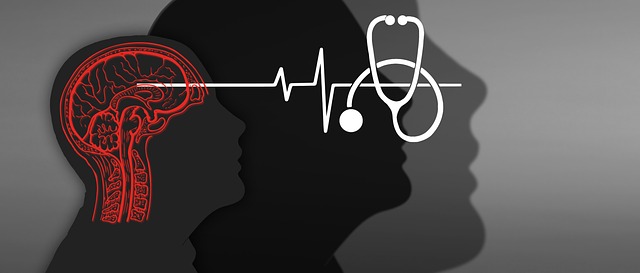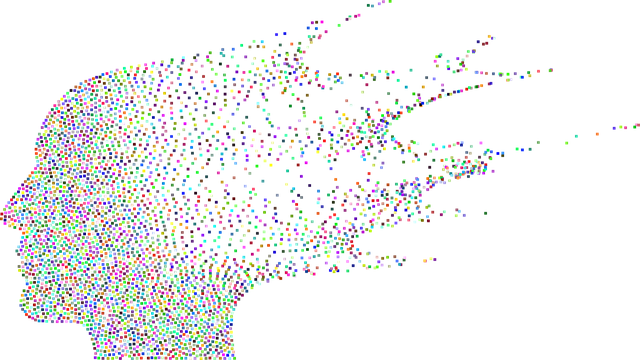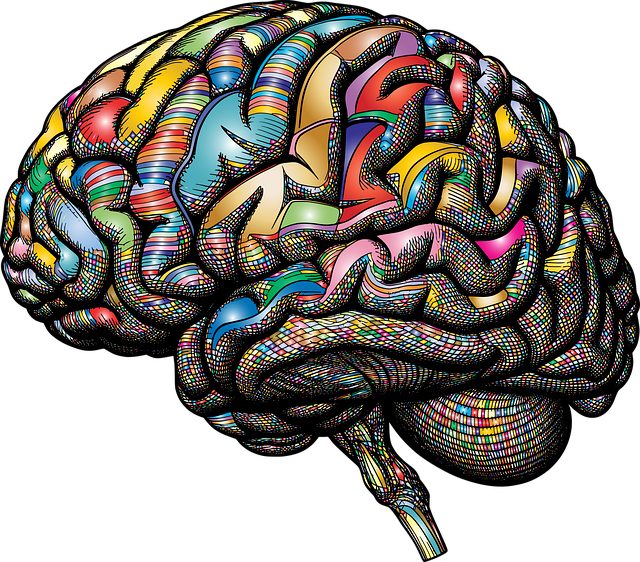Crisis Intervention Teams (CITs) specialize in supporting adolescents with Attention Deficit Disorder (ADD) or ADHD during mental health crises, addressing their unique challenges. Through tailored therapeutic practices, CITs provide immediate assistance and long-term coping strategies, focusing on emotional regulation, compassion cultivation, and stress management workshops. Specialized training equips professionals with cognitive-behavioral techniques, mindfulness practices, and mental health policy advocacy to empower teens with self-management tools for improved well-being and resilience. Case studies show the success of integrating coping skills development into therapy for adolescent teens with ADD/ADHD, emphasizing the importance of continuous professional development in crisis intervention training.
In today’s challenging landscape, crisis intervention team (CIT) training programs play a vital role in equipping professionals to support youth facing mental health crises. With an increasing prevalence of Attention Deficit Disorder (ADD) and Attention Deficit Hyperactivity Disorder (ADHD) among adolescents, specialized CIT training is more crucial than ever. This article delves into the essential components of effective CIT training, exploring strategies tailored for teens with ADHD. Through real-world case studies, we highlight successful crisis intervention in teen therapy, emphasizing the impact of targeted support in fostering resilience and positive outcomes.
- Understanding Crisis Intervention Teams: A Vital Role in Youth Support
- The Impact of ADD/ADHD on Teens and the Need for Specialized Training
- Key Components of Effective Crisis Intervention Team Training Programs
- Strategies for Equipping Adolescents with Tools to Manage Crises
- Real-World Application: Case Studies of Successful Crisis Intervention in Teen Therapy
Understanding Crisis Intervention Teams: A Vital Role in Youth Support

Crisis Intervention Teams (CITs) play a vital role in supporting and guiding young individuals, especially those facing challenges related to mental health and behavioral issues. These teams are designed to step into high-pressure situations involving adolescents and teens, offering immediate assistance and long-term strategies for coping with crises. By integrating Therapy for Adolescent Teens with Attention Deficit Disorder (ADD) and ADHD, CITs can tailor their interventions to meet the unique needs of this demographic.
Emotional Regulation and Compassion Cultivation Practices are key components of effective CIT training programs. Equipping team members with skills in stress management through workshops and organization-led initiatives enables them to foster a sense of safety and calm during crises. This holistic approach not only addresses the immediate crisis but also equips teens with tools for self-management, improving their overall well-being and resilience.
The Impact of ADD/ADHD on Teens and the Need for Specialized Training

The impact of Attention Deficit Disorder (ADD) and Attention Deficit Hyperactivity Disorder (ADHD) on teens is profound, affecting their ability to focus, manage impulses, and maintain relationships. These neurodevelopmental disorders can lead to academic struggles, social isolation, and increased risks for mental health issues such as anxiety and depression. In light of these challenges, specialized training programs are crucial for crisis intervention teams working with adolescent teens who have ADD/ADHD.
Such training goes beyond general therapy for adolescent teens with ADD-ADHD; it equips professionals with tailored coping skills development guidance and mental wellness journaling exercises to effectively support these young individuals. By focusing on stress management techniques, crisis interventionists can help teens navigate their unique challenges, promoting better emotional regulation and overall mental wellness.
Key Components of Effective Crisis Intervention Team Training Programs

Effective crisis intervention team training programs for adolescent teens with ADD-ADHD must incorporate several key components to ensure success. Firstly, these programs should focus on Coping Skills Development, equipping young individuals with strategies to manage and navigate intense situations. This includes teaching techniques such as deep breathing exercises, mindfulness practices, and cognitive reframing, which have been proven beneficial in improving mental wellness.
Additionally, the training should delve into Mental Health Policy Analysis and Advocacy, fostering an understanding of systemic issues affecting adolescent mental health. By arming intervention teams with knowledge about best practices and current trends in mental health policy, they can better advocate for evidence-based interventions and resources tailored to teens’ unique needs. Incorporating these aspects ensures that crisis intervention teams are not only equipped to handle immediate crises but also contribute to broader efforts promoting Mental Wellness Podcast Series Production and long-term mental health support for adolescent teens with ADD-ADHD.
Strategies for Equipping Adolescents with Tools to Manage Crises

In crisis intervention settings, equipping adolescents with effective tools to manage crises is paramount. A key strategy involves integrating Mind Over Matter principles into training programs. These principles teach teens to reframe their thinking and responses during stressful situations, fostering resilience and self-regulation. By combining cognitive-behavioral techniques with mindfulness practices, young individuals learn to identify and challenge negative thought patterns associated with ADD/ADHD symptoms, depression, or anxiety—all common challenges faced by adolescents today.
Mental health education programs designed with a crisis intervention focus should also prioritize building coping skills and promoting emotional intelligence. This includes teaching teens stress management techniques, problem-solving strategies, and healthy communication methods. Additionally, incorporating Depression Prevention initiatives ensures that participants gain awareness about the signs of depression and learn how to support their peers or seek help when needed. Ultimately, these comprehensive approaches empower adolescents with the mental health resources necessary to navigate crises effectively.
Real-World Application: Case Studies of Successful Crisis Intervention in Teen Therapy

In the realm of teen therapy, crisis intervention team training programs prove invaluable in preparing professionals to navigate and de-escalate intense situations. Real-world applications of these skills are evident through case studies showcasing successful interventions with adolescent clients suffering from ADD/ADHD. Such instances often highlight the effectiveness of integrating coping skills development into therapeutic practices. By equipping teens with practical tools for managing crises, therapists promote emotional well-being and foster resilience.
For instance, a study focusing on an at-risk teen with ADHD demonstrated that combining mindfulness techniques and emotional regulation strategies led to significant improvements in their ability to cope during moments of heightened distress. This approach, grounded in mind over matter principles, illustrates how crisis intervention training empowers therapists to facilitate positive changes in adolescents’ lives. Through these real-world applications, the significance of continuous professional development becomes evident, ensuring therapists are equipped to handle diverse crises effectively.
Crisis intervention team training programs are essential tools for equipping professionals with the skills needed to support adolescent teens, especially those struggling with ADD/ADHD. By understanding the unique challenges faced by these individuals and implementing effective training strategies, we can ensure that crisis intervention teams are well-prepared to navigate and de-escalate potential crises. These programs play a vital role in enhancing therapy for adolescent teens with ADD/ADHD, promoting their emotional well-being, and fostering positive outcomes.










